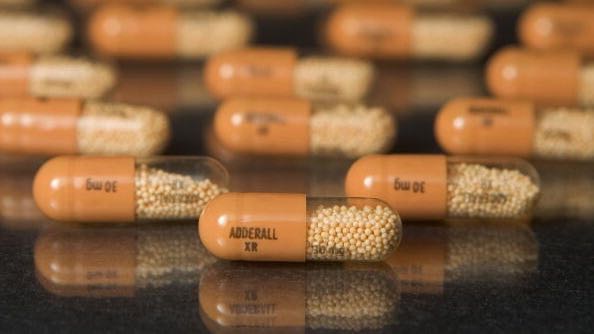B12 Vitamin Supplements Fail to Help Improve Cognitive Function

B12 deficiency is an issue for people across the globe. In the U.S., researchers estimate that two-fifths of citizens aren’t getting enough of it. An issue, as it’s an essential part of helping us function — it helps in the production of DNA and red blood cells. Its absence can cause mood swing and declines in some neurological functions. Vegans and vegetarians are at risk, as much of the B12 nutrient comes from animal products, and recent research may show supplementing with vitamins may not be enough.
A recent study out of the UK focused on the elderly and B12 deficiency. They write that one out of every sixth person over the age of 75 in the UK suffers from a lack of vitamin B12.
The researcher recruited 201 people over the age of 75 years. The participants all had moderate B12 deficiency and weren’t anemic (which would hurt absorption of the nutrient). The researchers split the participants into two groups: those who received the B12 vitamin and those who received a placebo. Before and after the study, researchers assessed the participants’ neurological and cognitive functions. However, at the conclusion of the study, researchers wrote that they could find “no evidence of an effect on any secondary peripheral nerve or central motor function outcome, or on cognitive function or clinical examination.”
Dr. Alan Dangour, reader in food and nutrition for global health at the London School of Hygiene and Tropical Medicine, echoed these findings in a press release:
“Our study found no evidence of benefit for nervous system or cognitive function from 12 months of supplementation among older people with moderate vitamin B12 deficiency.”
We advise older people concerned about their health and cognitive function to eat a diverse and healthy diet, keep cognitively active, and, when possible, take regular physical activity.”
This study helps underline how important it is to get nutrients from foods rather than a pill, which may or may not contain the vitamins advertised on the bottle.
Author and food activist Nina Planck underlines this point, explaining that even though our ancestors lacked the variety we enjoy in modern supermarkets, they ate healthy food that was, by and large, whole and unadulterated.





